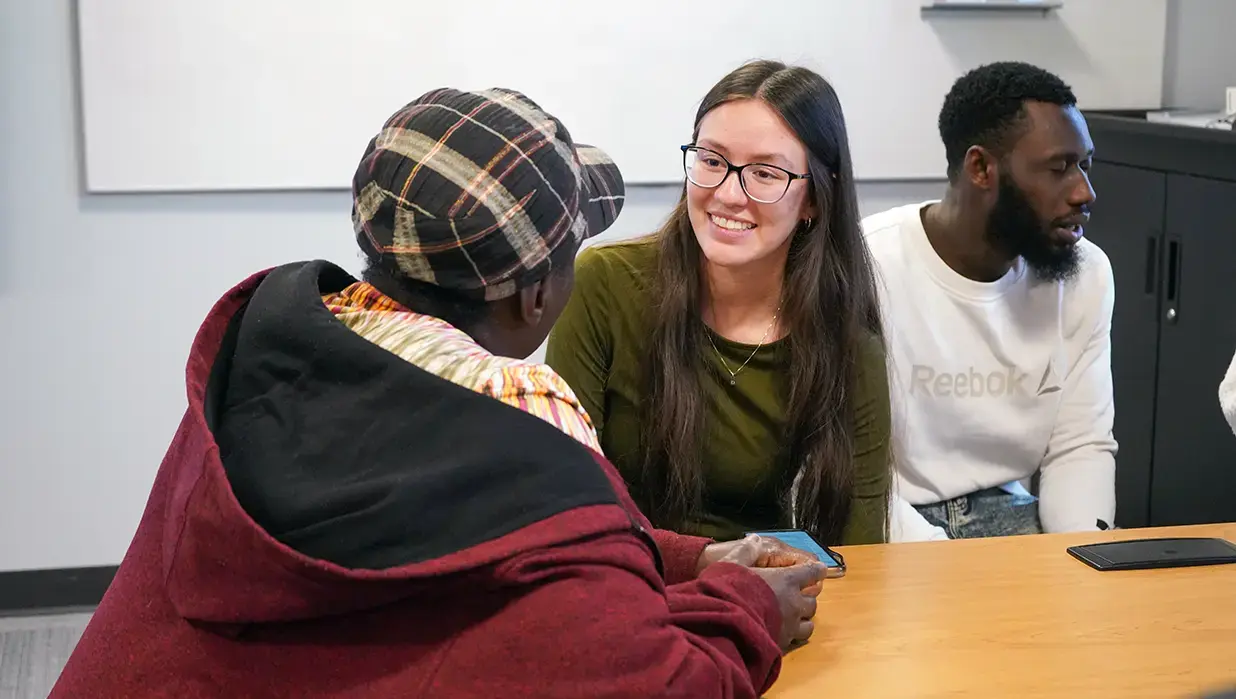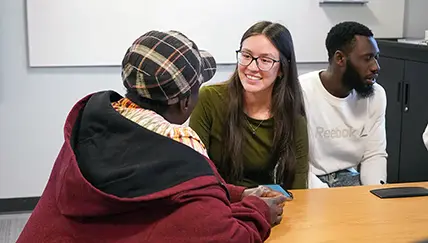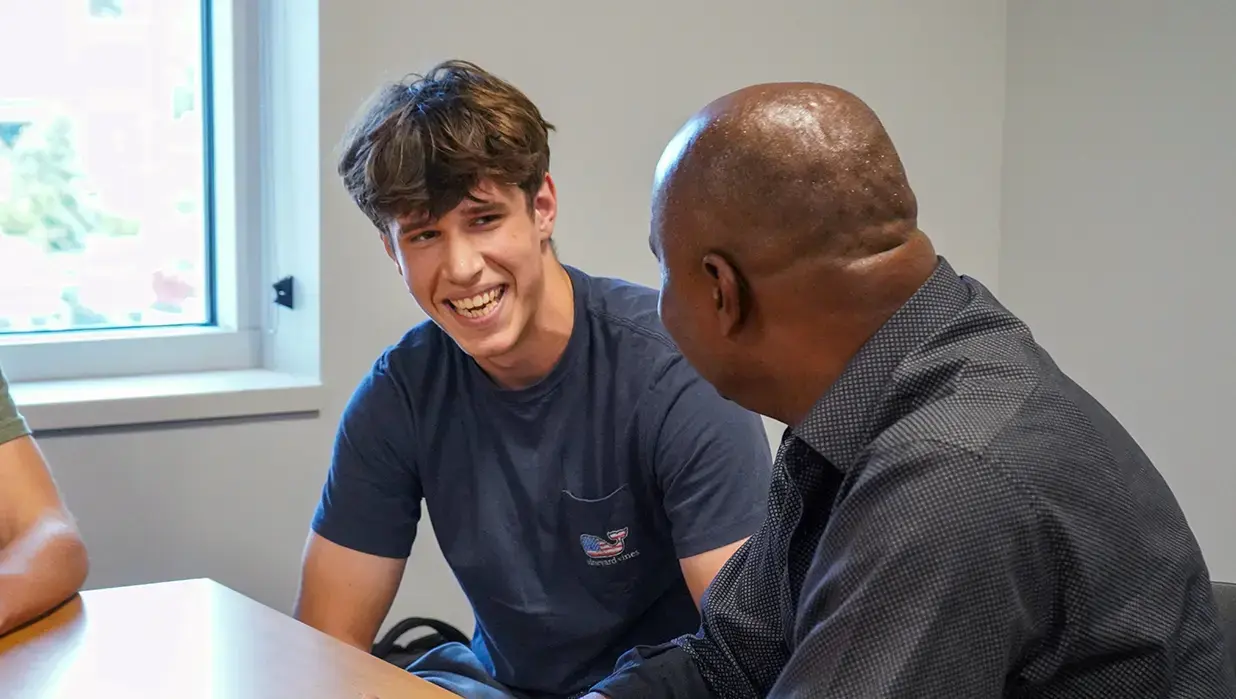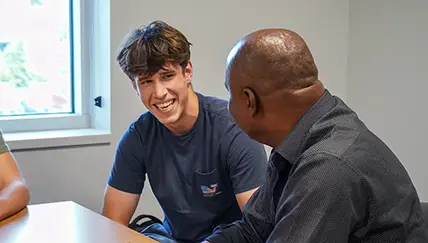Want to learn more about community organizations and connect what you’re learning to the work those organizations do? Consider working with other students and faculty to create a service learning opportunity —locally, state-wide, or even a short-term study-abroad opportunity.







